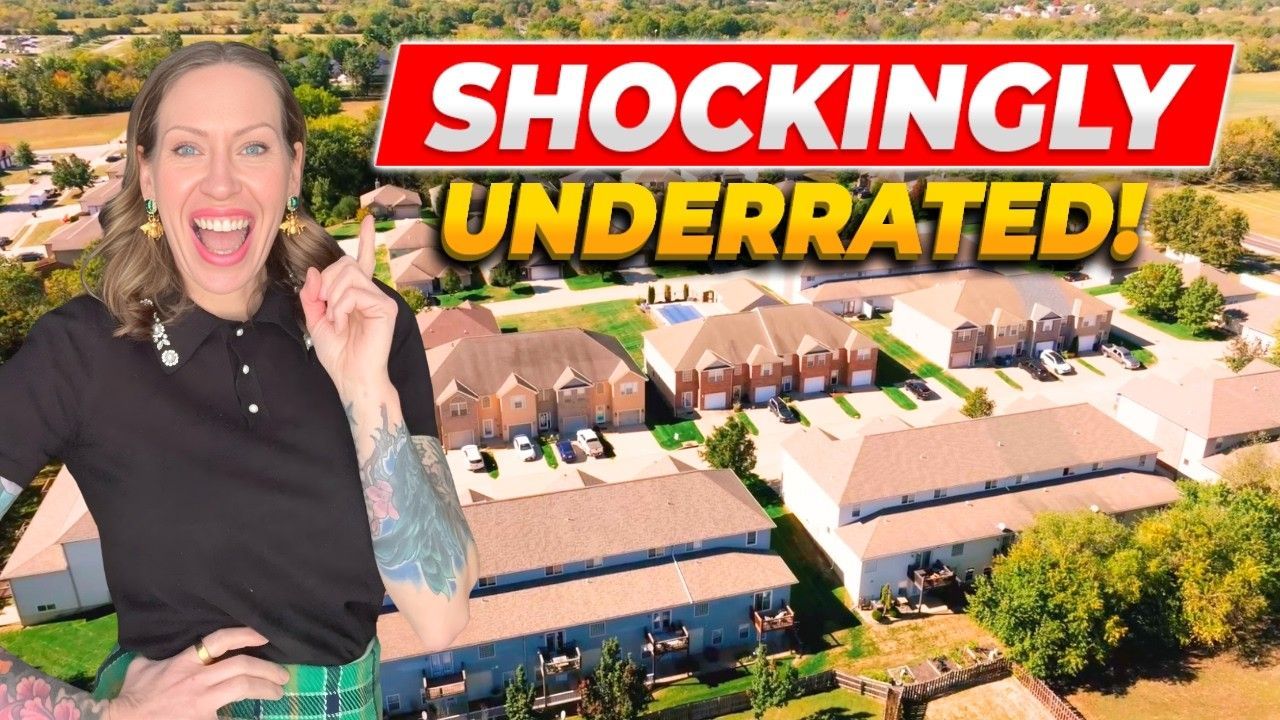Top 10 Home Selling Myths BUSTED: Real Estate Secrets Revealed!
Selling a home can feel like navigating a maze of conflicting advice, rumors, and half-truths. With so many myths floating around the real estate world, it’s easy to get overwhelmed or misinformed. But what if you had a trusted guide to separate fact from fiction and help you make the best decisions for your sale? That’s exactly what this article is here to do.
Drawing on years of experience working with home sellers, especially first-time sellers, I’m going to bust the top 10 home selling myths that I hear time and time again. Whether you’re prepping your house for sale, trying to figure out when to list, or wondering if you really need an agent — this comprehensive guide will shed light on the realities of the market and help you approach your home sale with confidence and clarity.
Table of Contents
- Why Busting Home Selling Myths Matters
- Why Busting Home Selling Myths Matters
- Myth #10: Energy-Efficient Appliances and HVAC Systems Don’t Matter
- Myth #9: You Don’t Need to Prepare Your Home for Sale
- Myth #8: The Longer a Home is on the Market, the More Negotiation Power You Have
- Myth #7: You’ll Make More Money Selling Your Home by Yourself (FSBO)
- Myth #6: You Don’t Need a Real Estate Agent in the Digital Age
- Myth #5: Open Houses Sell Homes
- Myth #4: Spring is the Only Time to List Your Home
- Myth #3: Major Renovations Always Increase Home Value
- Myth #1: Pricing Your House Higher Gives You More Room for Negotiations
- Summing It All Up: Your Best Strategy to Sell Smart
- Frequently Asked Questions About Home Selling Myths
Why Busting Home Selling Myths Matters
The real estate market is dynamic and complex. What worked five or ten years ago might not apply today. Plus, every home, neighborhood, and buyer pool is unique, which means strategies need to be tailored and informed by current data and local trends.
Myths, while sometimes rooted in a kernel of truth, can often mislead sellers into making costly mistakes — from overpricing their home and missing out on serious buyers to skipping crucial preparation steps that could boost sale price and shorten market time.
By debunking these myths, I aim to empower you to sell your home smarter, faster, and for the best possible price.
Myth #10: Energy-Efficient Appliances and HVAC Systems Don’t Matter
Let’s start with a myth that surprises many sellers: the belief that energy-efficient appliances or HVAC systems don’t influence a home’s value or buyer interest.
This is far from true. In today’s market, where energy costs are climbing and environmental awareness is increasing, buyers actively seek homes with energy-saving features. From energy-efficient refrigerators and dishwashers to modern furnaces and air conditioning units, these upgrades can be a major selling point.
Buyers often ask, “Does this home have energy-efficient appliances?” or “What are the average utility costs in summer and winter?” These questions show how important energy efficiency has become in the decision-making process.
If you’re considering remodeling your kitchen or upgrading your HVAC system, spending the extra money to install energy-efficient models is a smart investment. Not only will you enjoy lower utility bills while living in the home, but these features can pay for themselves by increasing your home’s appeal and value when it comes time to sell.
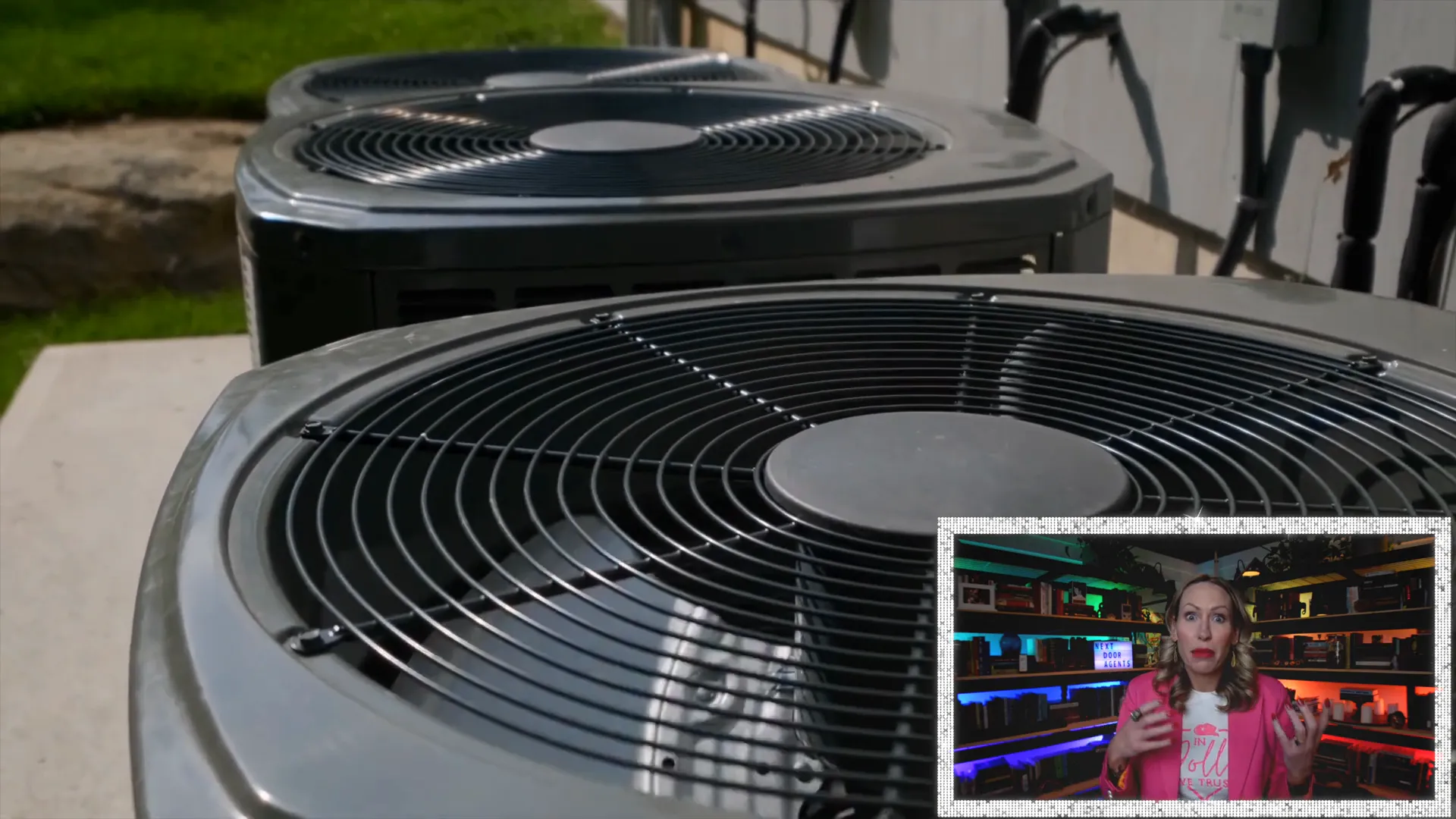
Myth #9: You Don’t Need to Prepare Your Home for Sale
Another common misconception is that you can simply list your home “as is” and expect it to sell quickly and for a great price.
This myth couldn’t be further from reality. Preparation is key. The difference between a home that flies off the market and one that languishes can often come down to simple steps like decluttering, deep cleaning, and minor cosmetic fixes.
Think small but impactful:
- Cleaning every corner so the home smells fresh and inviting
- Removing personal items and clutter to help buyers imagine themselves living there
- Replacing dated light switch covers or door handles
- Adding fresh flowers or plants to enhance curb appeal
These small efforts create a welcoming atmosphere and demonstrate that the home has been cared for, which buyers notice and appreciate.
In my experience working with sellers, I often walk through the home with a fine-tooth comb and provide a tailored checklist of simple improvements that can boost your sale price by tens of thousands of dollars. Don’t underestimate the power of preparation — it’s often the difference between receiving offers immediately and having your home sit unsold for months.
Myth #8: The Longer a Home is on the Market, the More Negotiation Power You Have
Many sellers believe that if their home sits on the market for a while, they can command more favorable terms or negotiate higher offers. While this can sometimes be true, it’s usually a sign that something else is going on.
Homes tend to linger on the market because:
- They show poorly due to cosmetic issues, clutter, or cleanliness problems
- They have a unique or unconventional layout that appeals to a narrower buyer pool
- The seller isn’t motivated to sell quickly and is waiting for the “perfect” offer
For example, I’ve seen homes with unique features — like a garden in the middle of the house — that take longer to sell because they require the right buyer who appreciates those quirks.
In general, a home sitting on the market too long can develop a stigma, causing buyers to wonder what’s wrong and offering lower prices. If you are a seller, it’s critical to know your timeline and pricing strategy upfront. A skilled agent can guide you in setting realistic expectations and pricing your home to attract serious buyers promptly.
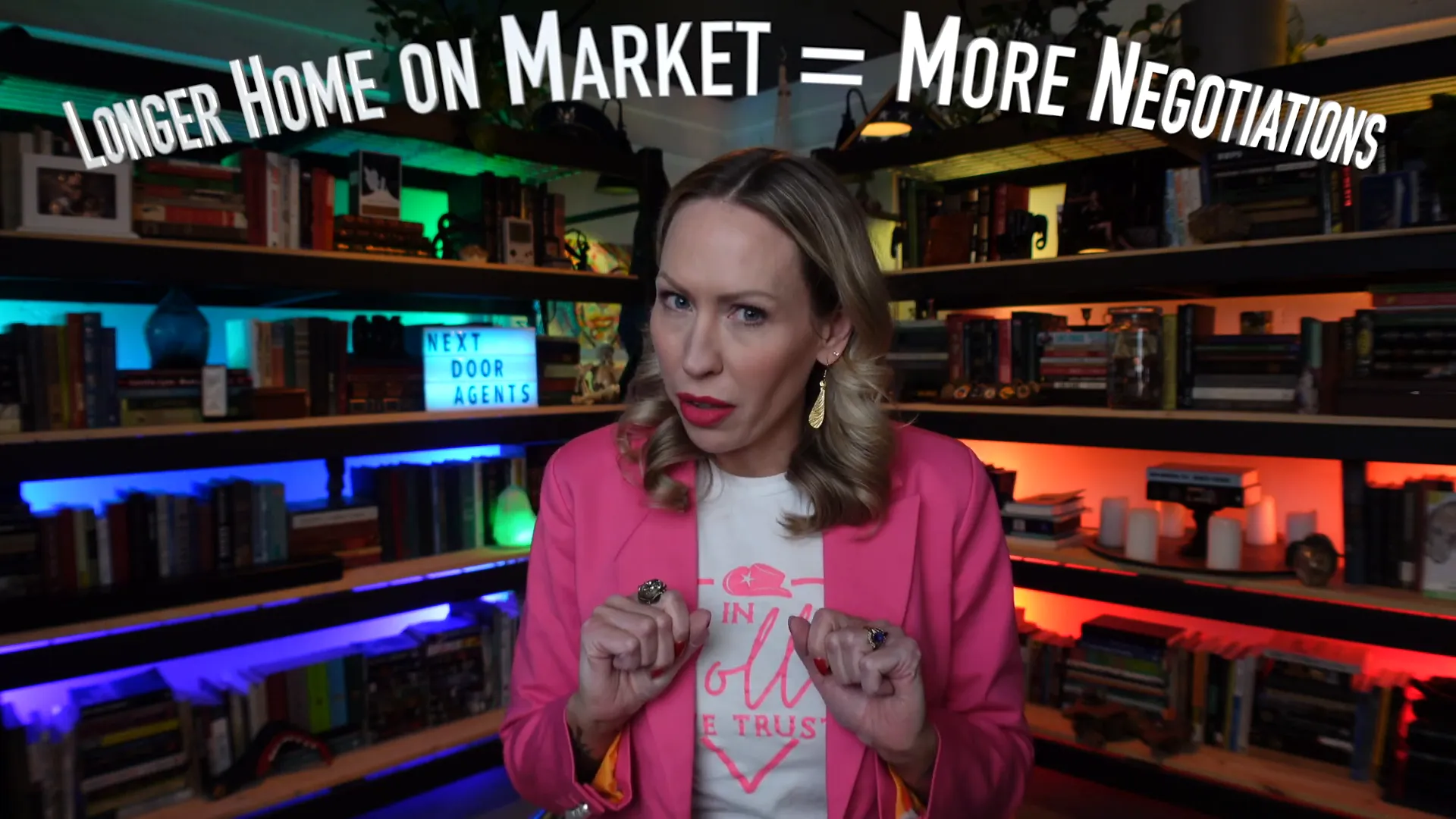
Myth #7: You’ll Make More Money Selling Your Home by Yourself (FSBO)
For Sale By Owner (FSBO) might sound like a great way to save on commission fees, but the reality is often quite different.
Most FSBO homes are either:
- Overpriced — sometimes by $50,000 to $100,000 — leading to frustration and extended time on market
- Underpriced — resulting in sellers leaving money on the table
Pricing a home correctly is an art and a science. Beyond that, a listing agent does much more than just snap photos and post your listing online. They are expert negotiators who can maximize your sale price, manage paperwork, and navigate tricky situations like appraisal challenges.
For instance, when selling to military buyers, homes must appraise at the contract price. If they don’t, either the seller must reduce the price or the buyer must bring extra cash — which is often not feasible in military markets.
As a listing agent, I have access to a process called “Tidewater,” which allows me to submit comparable sales within 24 hours to support the appraisal value. This critical tool is not available to FSBO sellers and has saved my clients over $10,000 in several cases — more than my commission.
In short, hiring a professional agent is an investment that often pays for itself many times over.
Myth #6: You Don’t Need a Real Estate Agent in the Digital Age
With all the technology and online listing platforms available today, some sellers believe they can go it alone without an agent. While it’s true you can post your home online yourself, selling a house involves much more than just listing it.
Here’s what a good agent brings to the table:
- Expert knowledge of local market conditions, zoning laws, and property details like accurate square footage
- Strategic advice on timing your listing to maximize interest and sale price
- Access to marketing channels and networks that individual sellers don’t have
- Skillful negotiation to secure the best possible terms and navigate any hurdles
Simply put, agents combine digital tools with professional experience and personal connections to make your home sale smoother and more profitable.
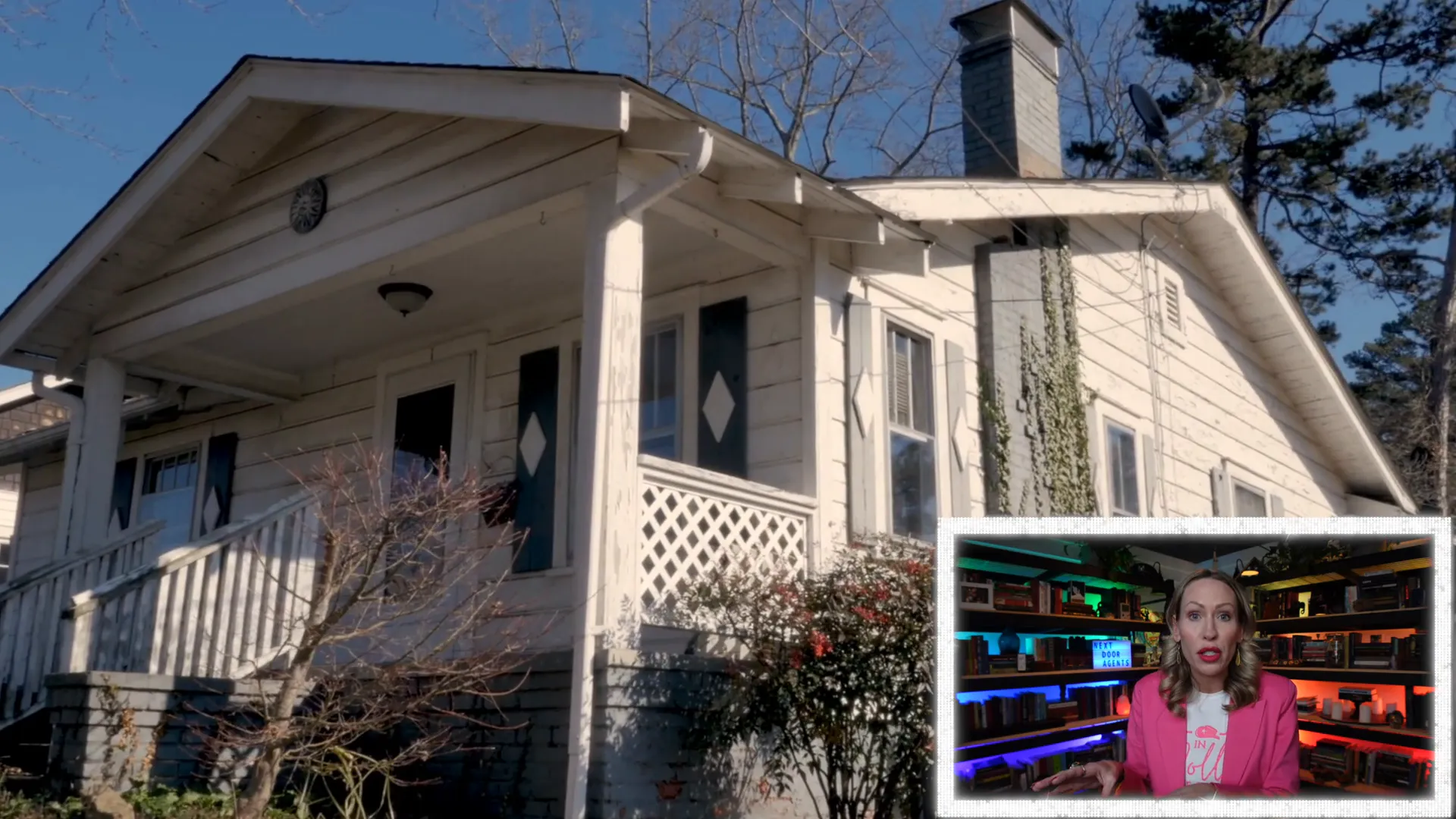
Myth #5: Open Houses Sell Homes
Open houses are a popular tradition, but the truth is, they rarely result in direct sales. In fact, open houses are more about agents generating leads for future business than actually selling your home.
Statistics show that about 89% of homes sell through private, one-on-one showings rather than open houses. These showings are conducted by the listing agent or buyer’s agents who bring qualified clients to tour your property.
Having a network of buyer agents actively showing your home exposes it to a much larger pool of potential buyers than an open house ever could.
So while open houses can be fun — complete with cookies and champagne — don’t rely on them as your primary selling strategy. Agents, their networks, and private showings sell homes.
Myth #4: Spring is the Only Time to List Your Home
Spring and summer traditionally are considered the prime selling seasons because of pleasant weather and natural curb appeal with blooming flowers. However, the best time to sell varies widely depending on your location, local economy, and even your home type.
For example:
- In warmer climates like Florida, winter months don’t necessarily slow the market because there’s little seasonal weather disruption.
- In places with harsh winters like Wyoming, the market window is smaller, and winter sales may be rare.
Interestingly, selling in off-peak seasons can sometimes work in your favor because fewer homes are on the market, reducing competition and attracting more serious buyers.
Ultimately, the timing of your sale should consider your personal needs and the local market dynamics rather than rigidly following “spring only” advice.

Myth #3: Major Renovations Always Increase Home Value
While updating your home can boost its appeal and sale price, not all renovations provide a return on investment. Major or “giant” renovations can sometimes cost you more than you’ll recoup when selling.
Focus your remodeling efforts on key areas that matter most to buyers, such as:
- The kitchen
- The master bedroom
- The master bathroom
These rooms often have the biggest impact on buyers’ perceptions and willingness to pay a premium.
Before undertaking any renovation, consult with a trusted real estate agent or contractor to assess whether the investment will add value. Sometimes a minor update or cosmetic refresh can be more cost-effective than a full remodel.
For example, many buyers look for a spacious master closet and bathroom. As a woman and an agent, I’ve seen firsthand how these features can tip the scales in your favor.
Myth #1: Pricing Your House Higher Gives You More Room for Negotiations
This is one of the most pervasive and damaging myths out there. Some sellers think that by setting an unrealistically high asking price, they can “leave room” to negotiate down while still getting their desired amount.
Here’s the reality:
- Overpriced homes tend to sit on the market longer, often without attracting showings or offers.
- Buyers and their agents quickly recognize when a home is overpriced and may avoid it altogether.
- Extended time on market can create a stigma, leading to progressively lower offers.
The best approach is to price your home competitively from the start, based on a thorough comparative market analysis. This analysis looks at recent sales of similar homes in your area, price per square foot, and current market conditions.
Working with a knowledgeable real estate agent to set the right price will help you attract more buyers, generate multiple offers, and ultimately sell your home faster and for a better price.
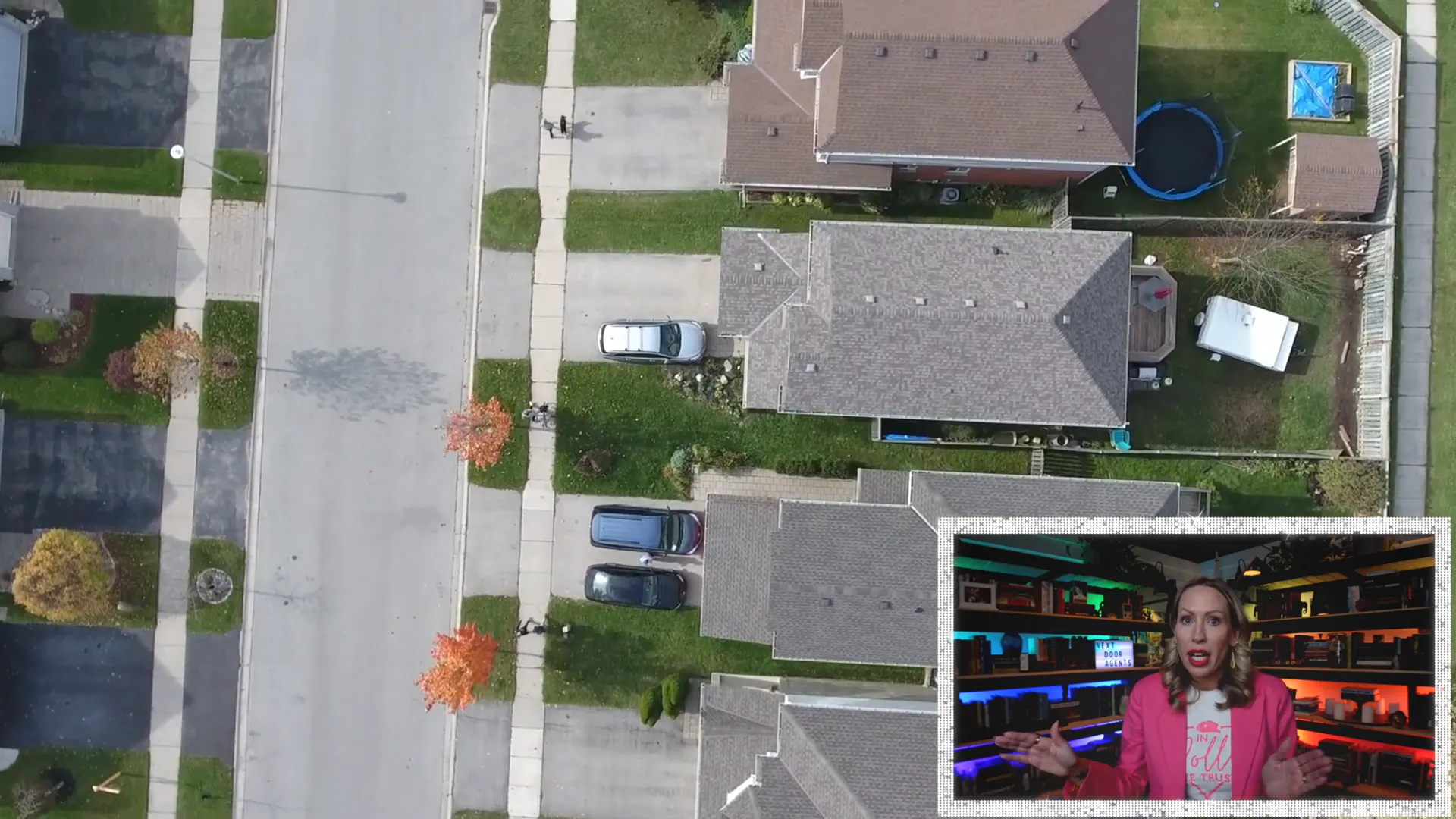
Summing It All Up: Your Best Strategy to Sell Smart
So there you have it — the top 10 home selling myths busted based on real-world experience and market insights. If you want to sell your home successfully and for the most money, the key takeaway is to partner with a skilled real estate agent who can guide you through the process.
Here’s what a good agent will do for you:
- Walk through your property and provide tailored advice on preparation and pricing
- Conduct a free comparative market analysis to back up pricing decisions with data
- Help you time your listing for maximum exposure and buyer interest
- Market your home across multiple channels to reach a wide audience
- Negotiate skillfully on your behalf to secure the best offer
- Manage the paperwork and hurdles like appraisal issues to ensure a smooth closing
If you're looking for a Warrensburg realtor, I can help! With my experience and knowledge of the local market, I'm here to guide you through the home selling process and ensure you get the best possible outcome. Don't hesitate to reach out for personalized assistance tailored to your needs.
Remember, selling a home is a big financial and emotional decision. Don’t let myths steer you wrong. Arm yourself with facts, work with professionals, and make the best choices for your unique situation.
VIEW HOMES FOR SALE IN WARRENSBURG MISSOURI
Frequently Asked Questions About Home Selling Myths
Do energy-efficient appliances really increase home value?
Absolutely. Many buyers today prioritize energy efficiency due to rising utility costs and environmental concerns. Energy-efficient appliances and HVAC systems can make your home more attractive and often justify a higher asking price.
How important is home preparation before listing?
Very important. Cleaning, decluttering, and minor repairs can significantly improve buyer perception and reduce time on market. Small investments in staging and maintenance often pay off in higher offers.
Can I sell my home successfully without a real estate agent?
While it’s possible, most sellers benefit greatly from professional representation. Agents bring market knowledge, negotiation skills, and access to resources that help you sell faster and for more money.
Are open houses effective for selling homes?
Open houses are more about lead generation for agents than actual sales. Most homes sell through private showings arranged by agents who bring qualified buyers.
Is spring the only good time to sell a home?
No. While spring and summer are popular times, market conditions, location, and personal circumstances play a big role. Sometimes selling in off-peak seasons can be advantageous due to less competition.
Should I invest in major home renovations before selling?
Only if they target key areas like kitchens, master bedrooms, and bathrooms and if the expected return justifies the cost. Always consult with a real estate expert before undertaking large projects.
Why is pricing my home correctly so crucial?
Correct pricing attracts more buyers and can lead to multiple offers. Overpricing can cause your home to sit unsold and eventually sell for less than market value.
What is the Tidewater process and why does it matter?
Tidewater is a process available to listing agents that allows them to submit additional comparable sales to appraisers within 24 hours to support the contract price. This can prevent appraisal-related price reductions and protect seller income.
How can a real estate agent help with negotiations?
Agents have experience handling offers, counteroffers, contingencies, and tricky situations like appraisal gaps. Their negotiation skills can increase your final sale price and reduce headaches.
What are the biggest mistakes sellers make based on myths?
Common mistakes include overpricing, skipping home prep, trying to sell FSBO without market knowledge, and investing in unnecessary renovations. Avoiding these by relying on expert advice leads to better outcomes.
By understanding these facts and myths, you’ll be better prepared to sell your home successfully. If you have any questions or need personalized advice, don’t hesitate to reach out to a trusted real estate professional who knows your local market well.

Eva Norton
Your trusted real estate partner, specializing in a comprehensive range of services from family relocations to high-return investment properties, is here to guide you every step of the way. As a top-producing agent in Warrensburg, MO, I take pride in my track record of excellence, having earned the prestigious “Elite Agent” title for three consecutive years with REAL Broker LLC.
660.628.2793




